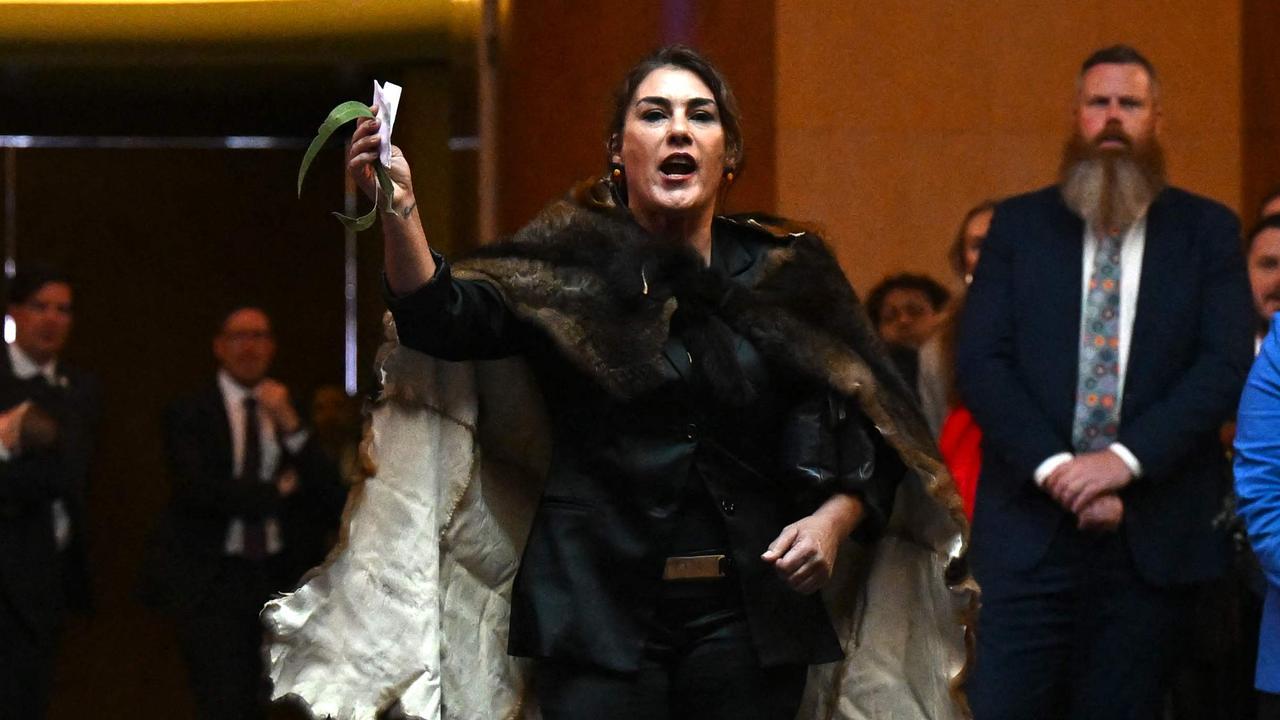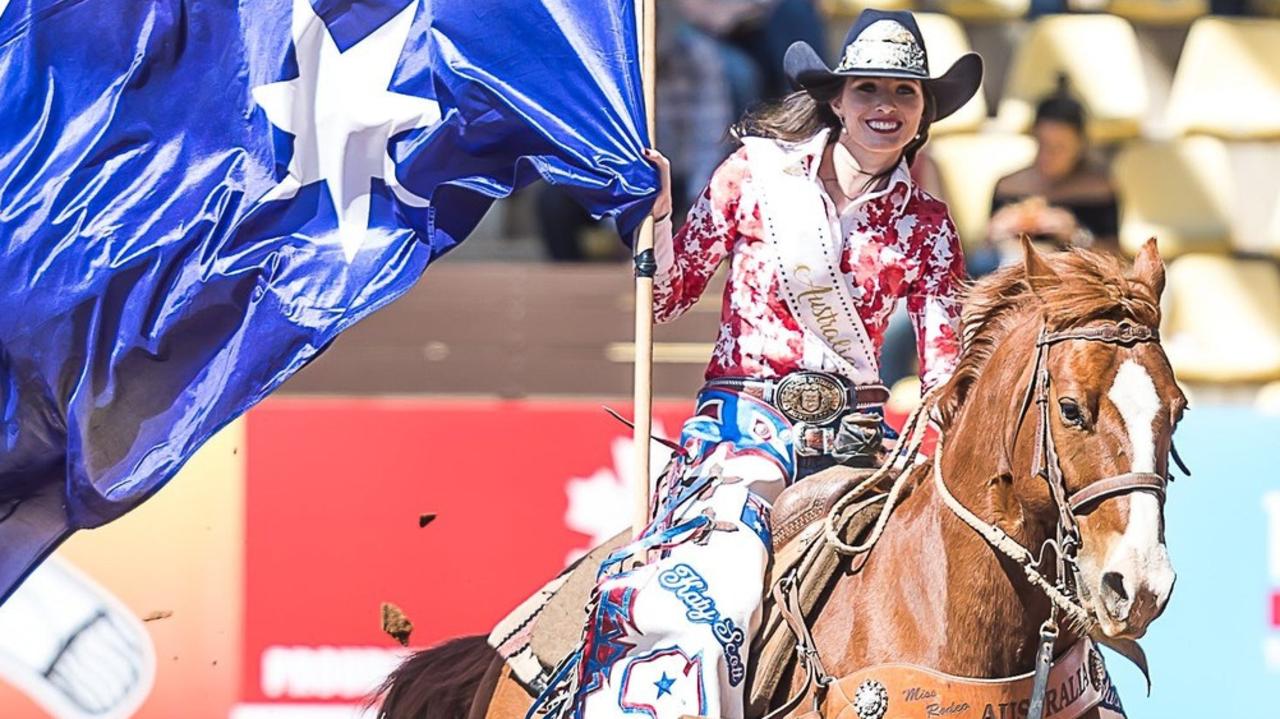Stan Walker reveals brutal truth of Australian Idol win in new book
Winning Australian Idol was a “blessing and a curse” for Stan Walker with the experience leaving him feeling “like an alien”.
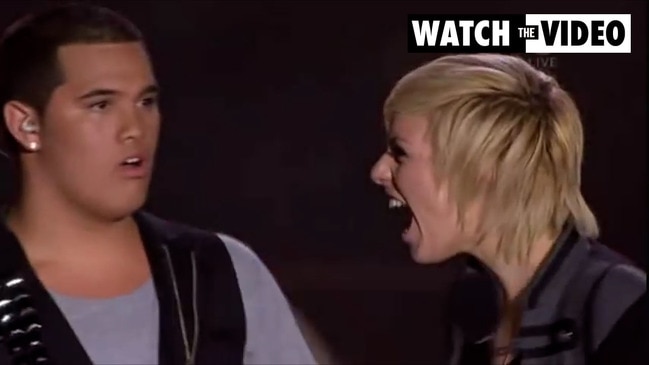
Entertainment
Don't miss out on the headlines from Entertainment. Followed categories will be added to My News.
In this exclusive extract from his candid new memoir, Impossible: My Story, season seven Australian Idol winner Stan Walker reflects on trying to outrun the “Idol curse” in that whirlwind first year in the music industry.
There was no time to bask in his win as his first album, single and video had all been rush-released to fans. Almost immediately, Walker faced a tough new challenge: To beat the odds and turn a TV talent show win into a lasting music career. As he writes below, it was no easy feat.
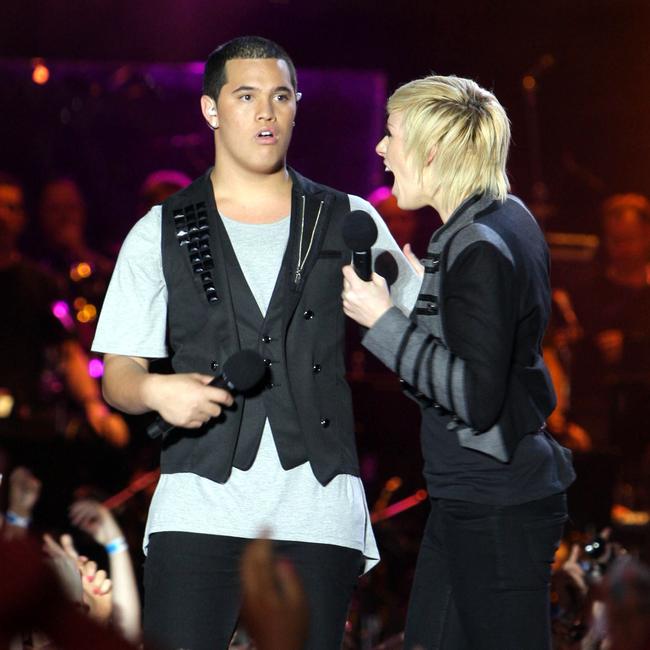
Australian Idol, basket of dreams. The whole experience was the highest of highs. But don’t let anyone tell you reality TV is easy. It ain’t. It’s a marathon and a sprint all wrapped up into one.
Over those months, my life changed completely. Gone — wiped out completely — was the kid working in the menswear shop. I was off on my new path. Idol threw me in the deep end of the music industry, very like when my dad chucked me in the deep end of the swimming pool when I was four. Sink or swim both times. Lucky I was tough because it ain’t no place for the faint-hearted.
I learned everything on the job: everything from stagecraft to media work and everything else involved in leaping from nobody to star, from singer to artist.
And the horrible truth is, winning something like Idol puts you straight at the top, it definitely does, but the fall can be just as fast, and it goes all the way to the bottom. Can you imagine that? One minute, people saying you’re a star; the next, you’re nobody again. I was determined that wouldn’t happen to me.
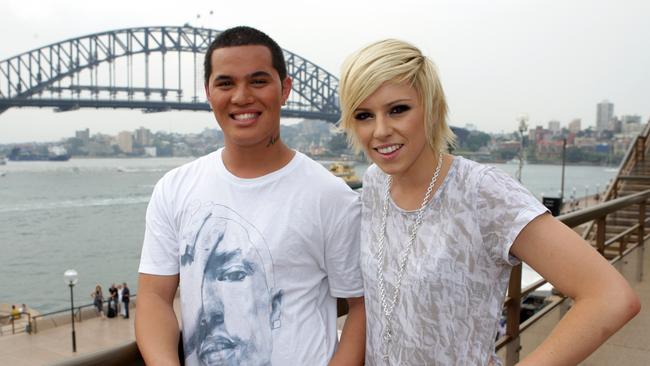
RELATED: Stan Walker: ‘Cancer was the easiest part’
I quickly realised that I needed to be the director of my own future because it didn’t matter if I had the greatest voice in the world, in the end it would be down to how much I was prepared to work for my career. I could never stop. So after I won, I went straight to work. Idol was like the first kiss in a relationship. Figuring out how the industry works was like when the relationship has gone a bit further and you realise, “Oh man, you’re grumpy in the mornings.” You stop dressing up for each other, you stop being on your best behaviour, then you start getting into arguments. Then you have to figure out, “How can I make this relationship work?”
Introducing Stan Walker. The cover of my first album, featuring a close-up of my face, beamed up on the giant Idol screens as I sang Black Box in public for the first time ever. Little me, with the word ‘Ataahua’ curling around my neck like a reminder of a life that could have been very different.
Of course, Introducing Stan Walker didn’t actually exist yet, apart from the single Black Box that I’d already recorded. So the morning after the Idol final, I was straight into the recording studio and in two days it was done — eleven tracks, nine of them covers I’d sung during the competition, and two originals: Black Box and Think of Me, which was produced by none other than my old hero Guy Sebastian. That was amazing to me. He was my hero, hard out, and now here we were in the studio together and getting on so easy, human to human. Obviously, I contained all my excitement, but inside I was like a little kid — Oh my gosh! The song he produced is one of the songs off that album that I still really like.
The album was such a rush I only heard it the day before it hit the stores. The video for Black Box — filmed to look like I was at a pool party among the beautiful people — was made in one day after less than two hours’ sleep after a full day of interviews. Literally, everything was non-stop. If I wanted to go to the toilet, I had to run there and back. During that first busy time I was always asking God for strength.
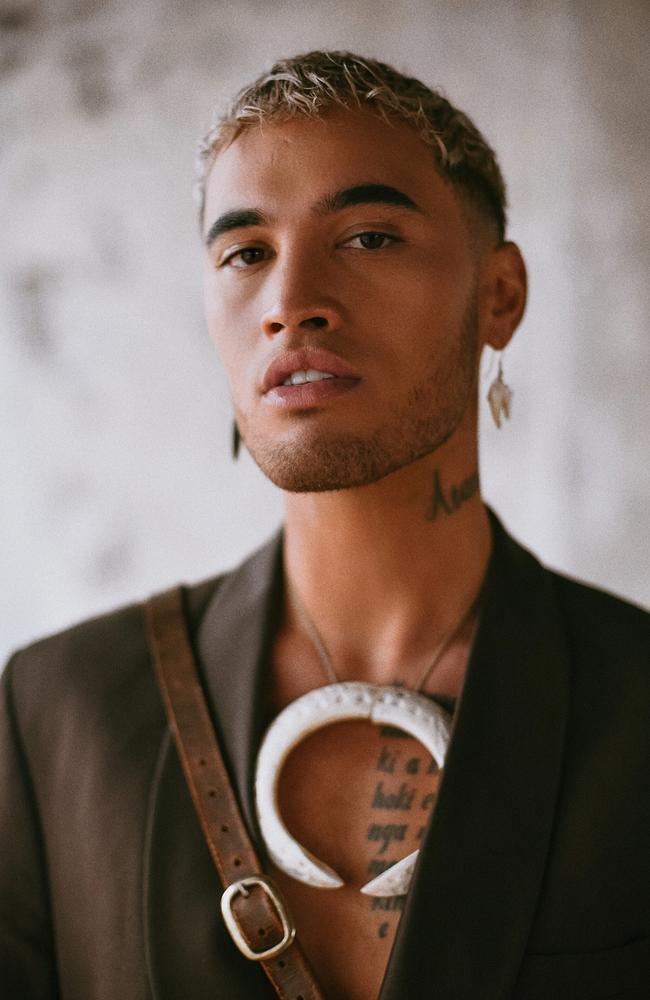
RELATED: Stan Walker’s staggering weight loss explained
Sony had the digital download of Black Box released the same night I won Idol, 22 November 2009, and it went to number two on the Australian charts, number one in New Zealand. The album was released two weeks later on 7 December and it went to number three in Australia, number two in New Zealand. It eventually went triple platinum.
It’s the power of the music industry to get things done. To make stars. I was swept along in that and it was incredible. It doesn’t matter that those things — the album, the single, the video — all make me cringe now. At the time, it was just exhilarating, and I was beaming. To go from being nobody, singing at church, to all this — to know that people were listening to me, listening to my music — it’s a buzz that’s never gone away. That first year after Idol, every moment was new for me. Every day I woke into a reality that was better than my dreams had been. I felt like I was this little superstar.
As always, the question was: what next? Through all the post-Idol stuff — the tour of Australia, doing in-store events, getting interviewed all the time, doing live shows — I knew I couldn’t rest with all that had been given to me. I was a singer but if I wanted a career in this industry, I had to become an artist. I had to carve out my own identity. This is the blessing and the curse of shows like Idol. They make dreams come true, but they also stamp an identity on the winner that’s very hard to change. I needed to carry on learning about stagecraft, how to dress, how to speak, how to perform with confidence. I needed to focus on writing my own material, and I needed to insist on my own identity.
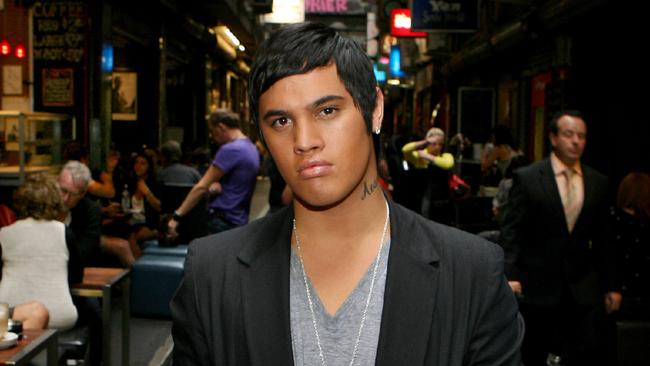
I had always written songs. Mostly they were worship songs for church. One of those, I Surrender, I wrote just before I did Idol — but I still sing it and I included it on my 2018 EP Stan, in gratitude for having survived my cancer operation. With Missing You, the song for Nan, I had only gone so far as to put it up on YouTube.
But this was a whole lot more serious now. I was pumped to start writing more and to collaborate with other writers. I knew I had a lot to learn. Almost straight away I was thinking about my second album.
When it comes to music, I’m like a bag of Allsorts. I’m like a box of Favourites chocolates. Music is music. I’ve been moved by country music, I love Metallica, reggae music, Beyoncé. I love opera. Black gospel music. Māori songs and island music. I love it all. It’s all part of me. They are all pieces of the puzzle that makes up me.
I don’t know why you have to be this or that when you can be everything and anything and create your own space. I’m forever changing, forever growing. Why can’t I put it all in?
But, of course, I know the answer to that — it’s about marketing, about packaging, about control. And you know me, I always hated being told what to do. I’ve had a controlled life nearly my whole life, so now I’m like, “I am not going back in that box.”
“Don’t tell me what to do.” It’s an attitude that was always going to get me in trouble with the industry. It’s the thing the Idol producers saw in me right at the very beginning, when they told my manager-to-be David Champion: ‘We’ve found the best voice in Australia, but he might be unmanageable.’ That first kiss was always going to lead to trouble.
Me and Champo have had plenty of breakups and makeups through the years. But a relationship like mine and Champo’s is a career act, a lifelong one, and our fights have only made us stronger and given us more understanding of who the other is. It’s through those tough times and adversity that we’ve really grown. He’s been the realest, strongest relationship I’ve had in my life, outside family and friends. Talking about first kiss, our relationship is like a marriage: it’s not always easy but it’s worth fighting for. I feel like we’re a team and I know he’s always got my back.
To whom much is given, much is required. This is what Erana Clark told me, in one of our vocal sessions during Idol. I didn’t understand what she meant then. But over the years I’ve learnt she was right.
The music industry is incredible. It offers platform, money, opportunities, but it demands so much in return. It demands the whole of you, and many people don’t make it out. It’s an industry that’s full of addiction, suicide, breakdown. The highest highs, the lowest lows. People lose themselves. They forget who they really are underneath the industry version of themselves.
The moment my first album cover flashed up on the screen during the Idol final, the industry had its grip on me, shaping me, creating my public image. It gave me plenty, but it demanded a lot in return. Right from the beginning, I knew I had to fight to be me: my own version of Stan Walker.
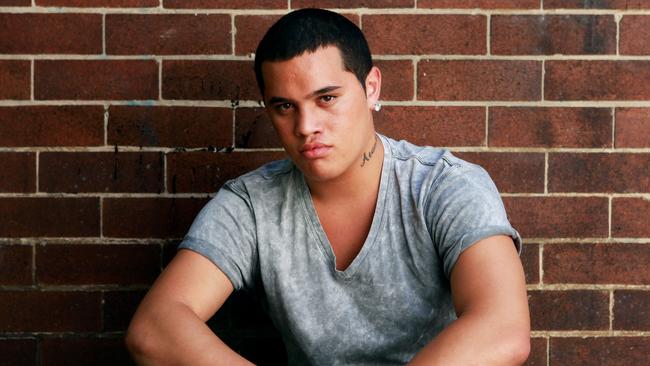
RELATED: Stan Walker reveals biggest fear during cancer battle
At the age of nineteen, I stepped into a whole new world. My gift allowed me to get into this world, but I’m not from that world. I had to assimilate and that was hard because so much about me wasn’t what they thought of as ‘right’ — I spoke wrong, my hair was wrong, my body was wrong, my attitude was wrong. Often I would have arguments that left me lonely and also afraid that I could lose everything and be nobody again. My dad had said he owned me; now this industry owned me.
A boardroom. A table. And around that table, a crowd of executives, people who didn’t look like me, didn’t have the same hair texture as me and didn’t understand what was fashionable in my community. Me, with my naturally curly Māori hair and my background that couldn’t have been more different to the expectations and priorities swirling around this room. I was ready to make the most of this opportunity but very sensitive and defensive about my difference. Feeling like an alien. Like I was being judged. The man appointed at that time as my new marketing manager told me I needed to cut my hair.
I read it as him saying he didn’t like my look. I felt he was saying, ‘You’re not good enough.’ I started to feel they all thought I was all wrong — too brown, too Māori. That the more I was myself, the less I appealed to the industry.
I was very young. I didn’t want to lose my chance. Now I see that I had to find a way to compromise, to manage the situation, to give and take, but at the time I struggled. It was my youth and inexperience against their experience. I would argue, respond angrily, and that would lead to threats.
Grow your hair. Oh no, cut your hair. Style your hair like this. No, like this. If you don’t do as we say, you’ll lose this opportunity. Undo your top button or we stop filming.
It was really a battle over my image but I experienced it as a battle over my soul, my identity, and too often they won. I felt it was an industry with old mindsets. I think there was some truth in that at times but, to be fair, it’s changed a lot now.
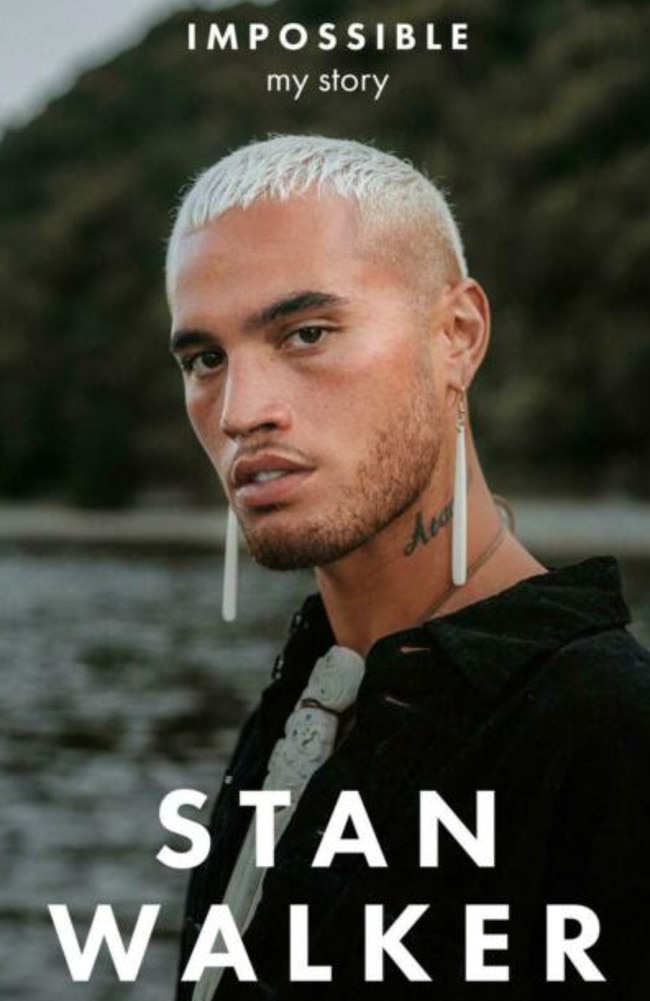
My second album, From the Inside Out, was very different to my first. I was happy with it. It was all originals; I had co-written some of the songs, in particular the title track. The first single released was Unbroken, written by Ryan Tedder who wrote Halo for Beyoncé and Bleeding Love for Leona Lewis — one of the best songwriters in the world, and I was honoured to record his song. But the video that accompanied that song, I still can’t watch it, because of the way they insisted I look. That hairstyle. It’s not me. It never was.
The title track was written with Audius Mtawarira, and I wanted it to reflect who I was and what I was going through. It’s very literal: “Maybe I’m not the one you thought I’d be … There’s nothing you can ever do to break me … Take me as I am, this is all of me.”
Despite all the pressure coming from the industry, in a really important way I was never confused about my purpose. Yes, I wanted a career. I wanted to sing. But most of all, I wanted to use my gift in the world. To whom much is given, much is required. At the most important level, I was very clear: I had a gift and I wanted to use it to break down barriers. I wanted to help people. God had shown me I could help my whānau; I believed I could help other broken people, too.
And two days after I made the video for Unbroken, I got on a plane with my brother Mike and our friend, the singer Taya, who’s now one of the lead singers of Hillsong United, and we headed to Haiti.
This is an extract from Impossible: My Story by Stan Walker, published by
HarperCollins and now available in paperback, e-book and audio
Originally published as Stan Walker reveals brutal truth of Australian Idol win in new book

